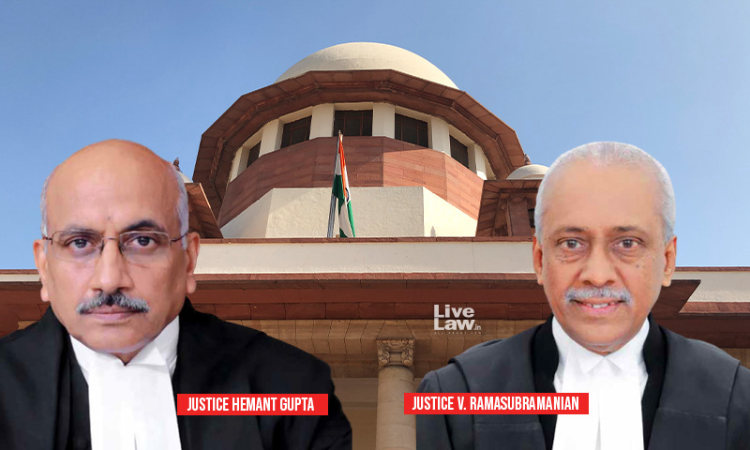Burden To Prove Full Repayment Of Borrowed Amount Is On The Party Claiming It : Supreme Court
Sohini Chowdhury
16 Dec 2021 9:35 PM IST

Next Story
16 Dec 2021 9:35 PM IST
The Supreme Court has held that when payment of money and repayment of a portion of it is admitted by a party, then the onus to establish that there was full and final settlement of the dues is also on that party."A party who admits receipt of certain amount of money on a particular date and pleads discharge by way of a full and final settlement at a latter date, is the one on whom the...
